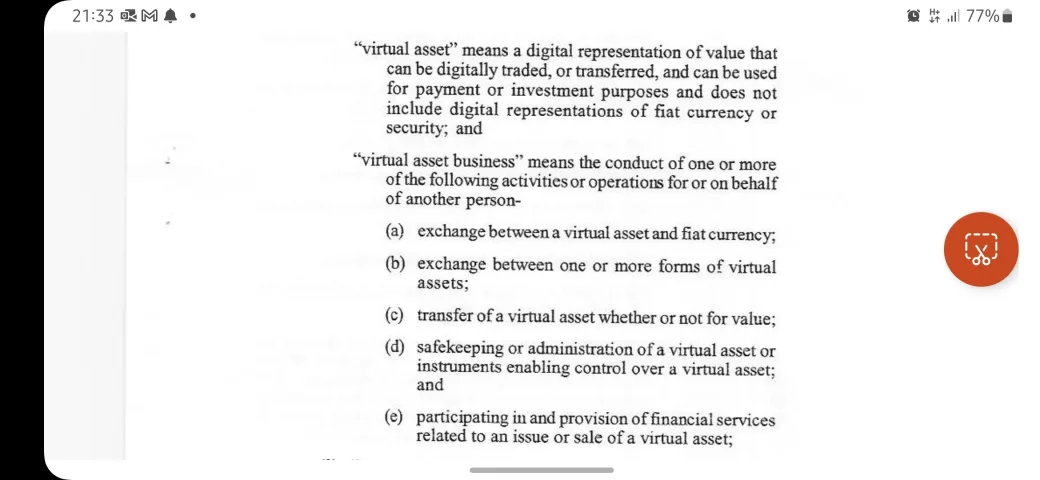I'm since last year searching a jurisdiction for a Crypto Launchpad.
First thought Cayman or BVI would be the best fit as it is crypto.
However, the new VASP is hardcore. They want us to KYC the users, which will be impossible.
DEXes and DEFI you only connect your wallet and do your thing, and no KYC is required.
Any recommendation on which jurisdiction and reputable law firms with expertise in crypto and smart contracts?
First thought Cayman or BVI would be the best fit as it is crypto.
However, the new VASP is hardcore. They want us to KYC the users, which will be impossible.
DEXes and DEFI you only connect your wallet and do your thing, and no KYC is required.
Any recommendation on which jurisdiction and reputable law firms with expertise in crypto and smart contracts?
Last edited:


